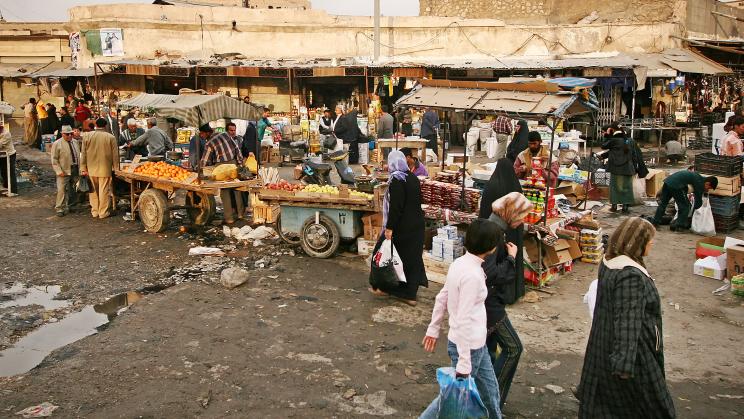Local peacebuilding and the everyday
This strand of the Middle East and North Africa (MENA) Programme’s research aims to understand the dynamics of peace and conflict at the local level by focusing on people’s relationships, attitudes and interactions in the everyday. This focus on the local and the everyday is in line with the ‘local turn’ in peace and conflict studies; it is guided by the idea that peacebuilding can only be sustainable in the long term when efforts are driven by local people, through initiatives that respond to their specific needs, with external actors providing the necessary support. The MENA Programme uses the local and the everyday to better identify obstacles to peace and to propose recommendations on how to address them. Locally focused peacebuilding can give rise to opportunities that would otherwise be missed, as peace does not necessarily mean the same thing at all levels. At the local level, people are more interested in going about their daily lives with minimal conflict, and when obstacles to achieving this are removed, relationships between groups can improve.
The MENA Programme’s research on local peace currently focuses on Iraq and involves examining the interaction between everyday peace and conflict at the local level as well as relations between ethnic and religious communities to inform peacebuilding policy. Its analyses seek to identify issues of common concern and interest between individuals and communities with the aim of facilitating local dialogues and informing initiatives on how to address these issues in ways that restore relationships and strengthen social cohesion.
The MENA Programme works closely with local partners in Iraq to conduct research and organize local dialogues, with funding from the United States Agency for International Development (USAID) for research on cultural practices of minorities in Iraq and from the Robert Bosch Stiftung for research on local dialogue.
